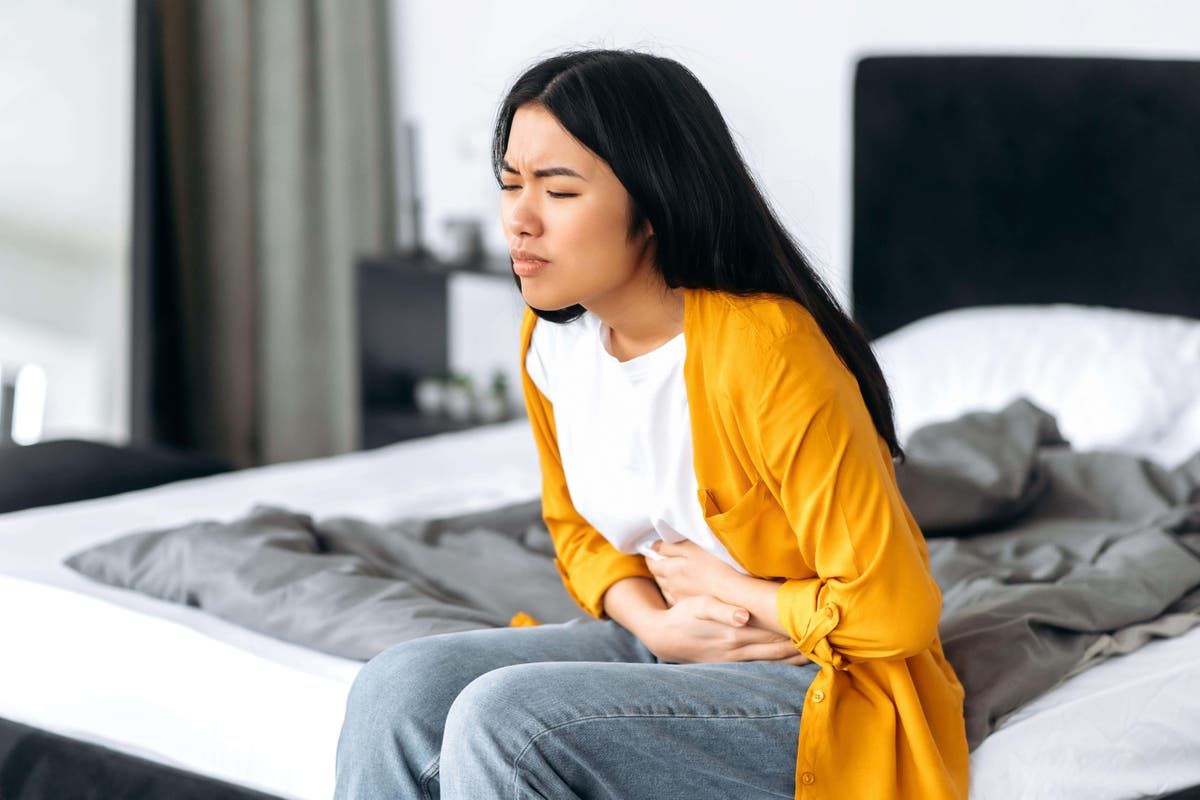Truly support
independent journalism
Our mission is to provide unbiased, fact-based reporting that holds the powerful to account and exposes the truth.
Whether it's $5 or $50, every contribution counts.
Support us in offering journalism without agenda.
With new strains of Covid circulating, whooping cough cases on the rise and people coming down with nasty colds and flu, it looks like we're in for a bug summer.
So is there anything we can do to boost our immune system this season and avoid getting sick?
Stop the spread
Colin Michie, associate dean for research and knowledge exchange at the University of Central Lancashire, says summer can be a tough time for our health.
“Many summer activities, such as festivals, can put us at higher risk of infection as we interact with many different people in a crowded space,” says Michie. [Covid] FLiRT variants, collectively known as FLiRT variants, may be able to evade our immune responses more effectively than previous variants. Therefore, in some people, their antibodies from a previous infection or vaccination may not be fully protective.”
But before you start thinking about immune-boosting tricks, one of the most important things to do to prevent illness is to avoid spreading and contracting viruses in the first place.

“Those who are experiencing symptoms should follow the same recommendations, such as avoiding face-to-face visits to the GP. Taking time to rest at home when symptoms are present and avoiding those who are vulnerable is a good way to help prevent the spread of infection,” says Michie.
“Make sure you wash your hands regularly and take precautionary measures if you feel unwell. Be careful when visiting anyone who may be more vulnerable, such as the elderly or people with respiratory conditions.”
Some people might also consider wearing masks in crowded public spaces if they are particularly concerned.
Eat a balanced diet

However, there are things we can do to help our immune system. The immune system is multifaceted and can be affected by the nutritional diversity of the foods we eat.
Ana Carolina Goncalves, Superintendent Pharmacist at Pharmica, says: “Studies show that choosing a balanced diet rich in fruits, vegetables, proteins and whole grains can ensure that the body has access to a variety of vitamins and minerals necessary for the effective modulation of immune responses and to improve the body’s ability to fight off various pathogens.
“Some of the most important vitamins and minerals for boosting the immune system include, but are not limited to, vitamin C, which prevents unstable and highly reactive molecules from damaging various cells and tissues in the body, and strengthens a crucial component of the body’s immune system known as the epithelial barrier.
Omega-3 fatty acids help prevent chronic inflammation and improve immune cell function.
Ana Carolina Goncalves, Pharmacist
“Zinc contributes to the normal development and function of cells that mediate immunity against pathogens and influences the production of cytokines (anti-inflammatory compounds that are essential for an effective immune response),” she adds. “Omega-3 fatty acids help prevent chronic inflammation and improve immune cell function by modulating the production of signaling molecules that regulate immune responses.”
For a nice summertime variety, toss together colorful salads and include plenty of legumes, beans, whole grains, and other fiber-rich vegetables to keep your gut microbiome happy.
Get enough sleep
Goncalves also says it is essential to get a good night’s sleep every day. “Lack of sleep can impair immune response by disrupting the production of anti-inflammatory proteins called cytokines, making the body more susceptible to infections,” she explains.
This can be more difficult during the summer, especially when you're tossing and turning in the heat and your social calendar is a little more packed than usual. But your immune system will thank you for trying to prioritize sleep.

“Sleep quality can be improved by sleeping in a room that has a temperature between 17°C and 19°C, as these temperatures facilitate a drop in body temperature during the early NREM stage, allowing the body to enter deeper sleep more efficiently,” says Goncalves.
“Reduce potential causes of sleep disturbances at night by keeping phones on silent, face down and out of reach, and even talking to a pharmacist or doctor about taking sleep medications. [if you’re struggling].”
Limit alcohol
Summer brings with it more sporting events, barbecues and drinks with friends in the pub garden. However, excessive alcohol consumption can also affect our immune system.
“Chronic and excessive alcohol consumption reduces the number and effectiveness of white blood cells, such as lymphocytes and neutrophils, which are essential for fighting infections,” says Goncalves.
“It also disrupts the gut microbiome, leading to dysbiosis, an imbalance of beneficial bacteria that weakens the immune system’s ability to fight infections.

Additionally, alcohol increases intestinal permeability, often called “leaky gut,” allowing pathogens and toxins to enter the bloodstream more easily, increasing immune response and vulnerability to infections.
“In addition, excessive alcohol consumption can damage the liver, which is crucial for detoxification and immune regulation, which can lead to alcoholic liver disease and significantly compromise the immune system.”
When should you get tested or see a doctor?
Although Covid testing has long since been removed from the mandate, Goncalves says rapid antigen tests to detect Covid-19 are now available from local community pharmacies for as little as £2 each, and suggests: “It is always advisable to use such tests if there is any indication that a person may have Covid-19.”
If you have cold or flu symptoms, you usually don't need to go to the doctor. However, you should seek medical advice if your symptoms don't improve or are particularly severe, or if you have pre-existing health problems that concern you.












